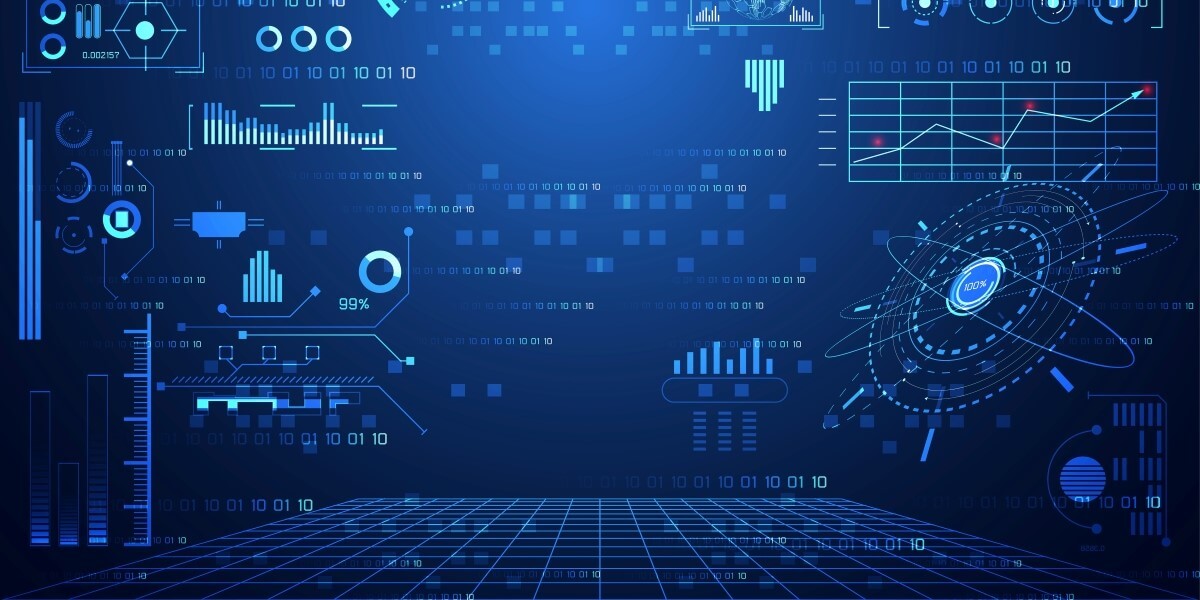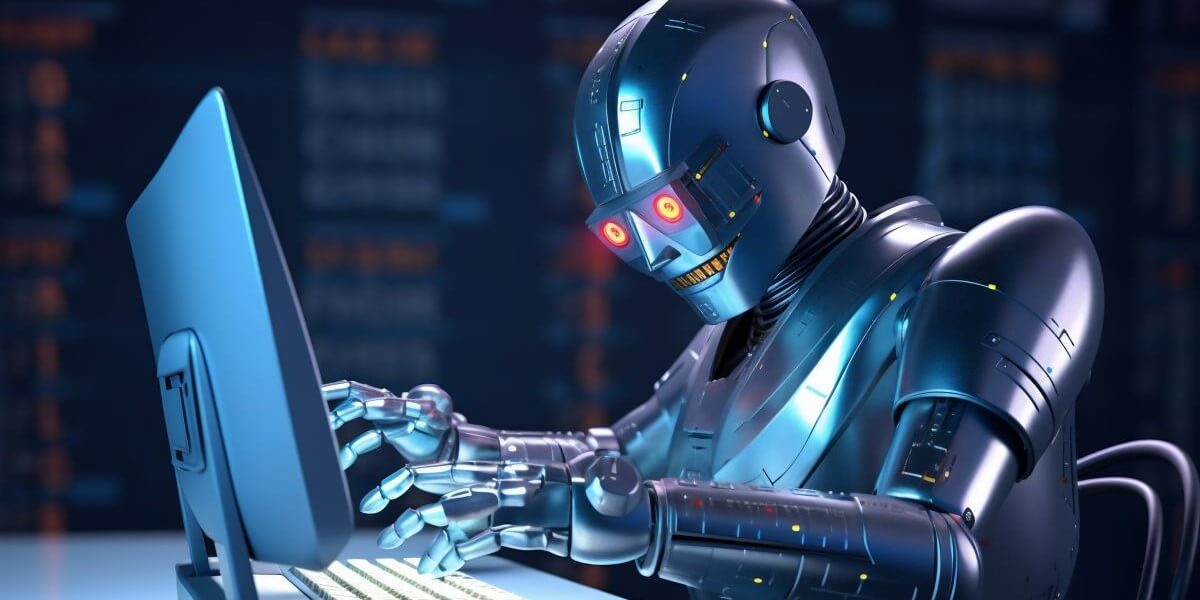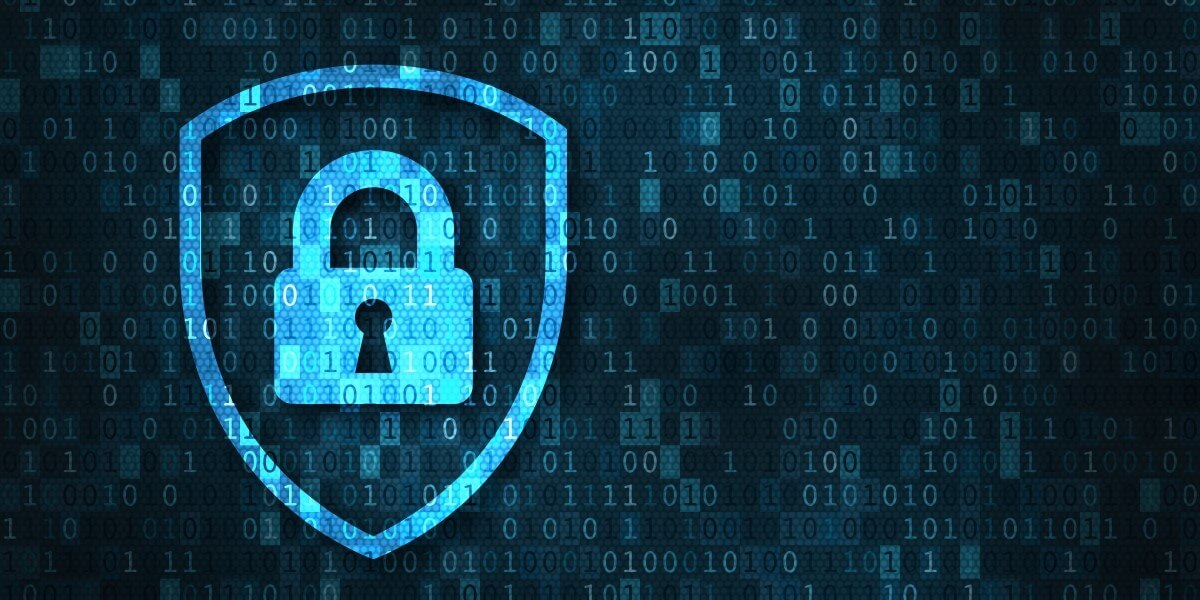Lower your internet bill
61% of people overpay for their internet.
Are you one of them?
Unlock exclusive offers in your area!
Call now
[tel]Enter zip code
1 Star is Poor & 5 Stars is Excellent.
* Required

Written by Rosslyn Elliott - Pub. Jan 10, 2024 / Updated Apr 02, 2024
Table of Contents
Are you happy with your Internet service?

About the author
A horde of applications powered by artificial intelligence (AI) is now multiplying on the internet.
AI currently powers many of the online services we use every day. Some AI is obvious, like chatbots or AI virtual assistants. Other AI tools tend to work invisibly, like search recommendations or content moderation.
While this new wave of AI holds exciting promise, some serious risks also come with AI technology. Read on for an overview of some AI internet dangers and how to avoid them.
Over the past decade, artificial intelligence has spread rapidly through the digital world.
AI is exponentially more powerful than it was ten years ago. AI runs systems in real estate, health care, online retail sales, and any other major industry you can name.
AI systems can now analyze immense amounts of data to find patterns, make predictions, and generate human-like content. Major tech companies like Google, Facebook, Microsoft, and Amazon have poured billions into developing AI tools.
And, of course, OpenAI launched ChatGPT in November of 2022 [1]. This large language model (LLM) chat assistant was an enormous advance in the ability of machines to generate human-sounding written words [2]. But will that advance be a great leap forward, or a leap off a cliff into an internet world where we can’t tell truth from falsehood? [3]
Champions of AI say that it has the potential to transform medicine, education, transportation, and more. They believe that in time, we could see cures for almost every disease, customized education that works for every child, and clean, sustainable transportation.
But artificial intelligence also poses serious dangers, and many of those dangers are now floating around on the internet.
Advanced AI systems require vast amounts of data to function well. Will AI collect your private data from the internet, even in ways that are against the law? Or will AI apps be able to collect so much data about you that others can sway your opinions with carefully targeted manipulation?

AI needs data
Another risk of AI is bias against certain groups of people. The complexity of AI makes it difficult to know if biased decisions are taking place. Experts call this type of AI application a “black box” because not even the system-builders know exactly how the AI makes its decisions [4].
A third major danger of AI comes from its ability to generate content. Written copy that contains false information is bad enough, but photo fakes and deepfake videos are even more damaging.
Finally, AI may be able to generate sophisticated cyberattacks. Cybercriminals are already good at tricking people into clicking on fake links that download malware. AI will increase the ability of cyber con artists to fool you.
AI will also help hackers find more vulnerabilities in software, which could allow them to invade your computer. Even worse, they could take down major systems for corporations or governments, causing chaos in banking, the supply chain, or crisis response.
Here are some of the major benefits of artificial intelligence online:
More personalized user experiences – AI can analyze your past behavior and preferences to customize interfaces, content, and product recommendations specifically for you. This can save you time and help you quickly find what you need.
Automation of tedious tasks – AI is well-suited for repetitive online tasks like content moderation, spam filtering, and data analysis. This can free up humans for more creative, interpersonal work.
Sophisticated data analysis and insights – The pattern recognition capabilities of machine learning algorithms mean that we can analyze data at a scale never before possible. This will support new scientific discoveries. For example, the use of AI recently found patterns in the language of sperm whales that may allow us to someday understand the meaning of their clicks [5].
AI can enhance our digital lives and will also bring benefits for our physical lives and our health. But significant risks can emerge if use of these technologies remains uncontrolled.

Real or robot?
When a powerful new technology emerges, governments usually regulate that technology for safety. With AI, we can all see that there needs to be regulation to avoid harm. But governments have been very slow to act.
Here are some of the highest risks posed by unregulated artificial intelligence on today’s internet:
AI text, audio, and video generators can rapidly produce fake content at mass scale. The AI system Chat GPT-4 can generate news articles, essays, social media posts, and more that humans would struggle to identify as fake.
AI-generated misinformation is far more difficult to detect than human-written fake news and deepfakes. This could significantly worsen the misinformation crisis on the internet.
Why does that matter? Because misinformation leads to deep social divisions. It causes people to demonize those who are different from them or have different beliefs. A peaceful society can’t last if social divisions become too deep for people to communicate. In the worst cases, widespread demonizing of “enemies” can cause murder or war.
Most AI systems require vast amounts of data to train them to respond to prompts and make decisions. AI apps often collect data without consent, including sensitive personal information.
For many years, there hasn’t been oversight or accountability for how tech companies collect, analyze, and share user data to power their AI tools. This lack of regulation means that you may be under surveillance or experience other invasions of your privacy.

Misinformation causes conflict
The way an AI application uses data can lead to racial or income-based bias. For example, algorithmic bias has caused discrimination in healthcare practices [6].
Bias in the way AI makes decisions may be hard to detect. If an AI mortgage broker denies you a mortgage or makes you pay a sky-high interest rate, you often will have no way of knowing why. The decision may not be as simple as a credit rating anymore.
An AI decision may be based on data analysis that claims to predict what “people like you” usually do. This analysis may not account for your own merit or personal record.
AI can be used to conduct highly targeted and personalized social engineering attacks, including phishing and fraud.
AI text generators may also lead to new types of malware and cyberattacks.
The capabilities of AI open the door to previously impossible threats online, including misinformation, privacy, bias, and cybersecurity.
So, what can be done to reap the benefits of AI while responsibly minimizing its risks?

AI can aid hackers
Here are some ways you can protect yourself from AI risks while you are on the internet.
For AI to be safer, three groups need to take action: the government, tech companies, and members of the public like you.
Here are the types of policies the government could enforce to make AI less dangerous. If you believe these safeguards would help, you can vote for representatives who commit to these policies.

Stay informed about AI
AI has tremendous positive potential, as many experts have noted [7].
But as MIT professor Daron Asomuglu said in a 2023 lecture, “As long as [AI] information can be used without any constraints, it’s going to be antidemocratic and it’s going to be inequality-inducing”[8].
In other words, AI will make the world less free and less equal unless we all understand the risks. Unregulated AI will tend to concentrate power in the hands of a few and harm the majority.
The first step you can take is understanding the immediate risks AI may present to you on the internet, and how to minimize that risk.
The second step is to be an engaged digital citizen, staying informed and supporting leaders who will take action to keep AI safe and beneficial.
One important way to protect yourself is to make sure that your internet connection and your router are high quality and have advanced security.
Check out the top internet providers near you by entering your zip code. These providers offer the kind of cybersecurity protocols that will be necessary to protect your home network in the future.

Be cautious online
[1] Forbes.com. “A Short History of ChatGPT."
[2] Developers.Google.com. “Intro to Large Language Models."
[3] TechnologyReview.com. “How AI-Generated Text Is Poisoning the Internet."
[4] UMDearborn.edu. “AI’s Mysterious Black Box Problem Explained."
[5] Medium.com. “Whale Language AI Breakthrough."
[6] NIH.gov. “Algorithmic Discrimination in Healthcare."
[7] Brookings.edu. “How Artificial Intelligence is Transforming the World."
[8] MIT.edu. “Who Will Benefit From AI?"

About the author
Congratulations, you qualify for deals on internet plans.
Speak with our specialists to access all local discounts and limited time offers in your area.
[tel]61% of people overpay for their internet.
Are you one of them?
Unlock exclusive offers in your area!
Call now
[tel]Enter zip code